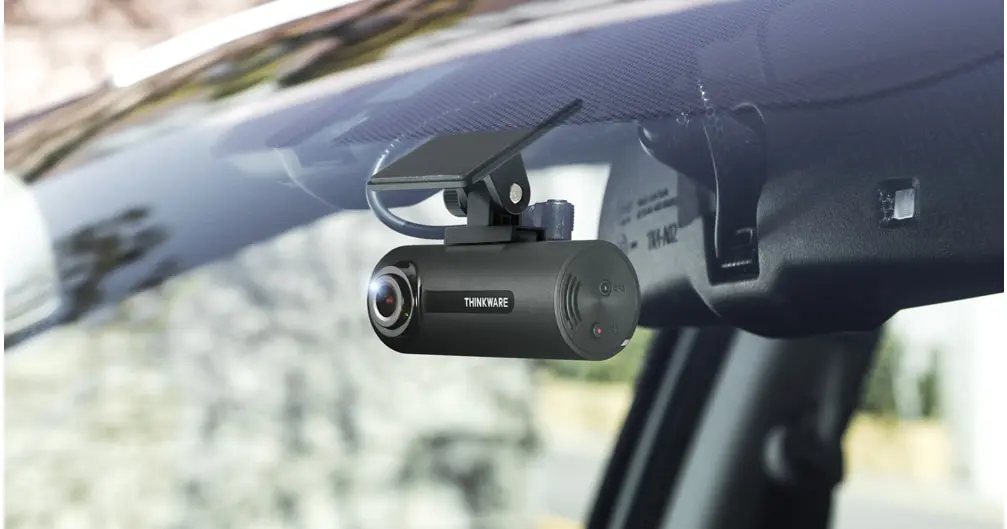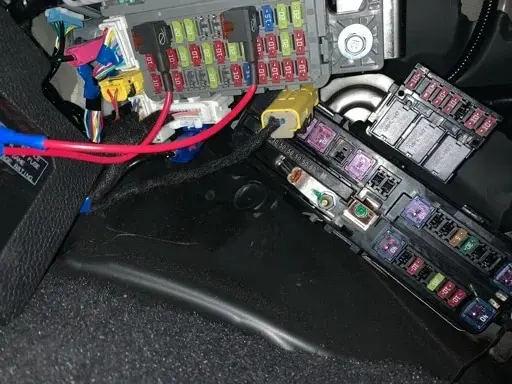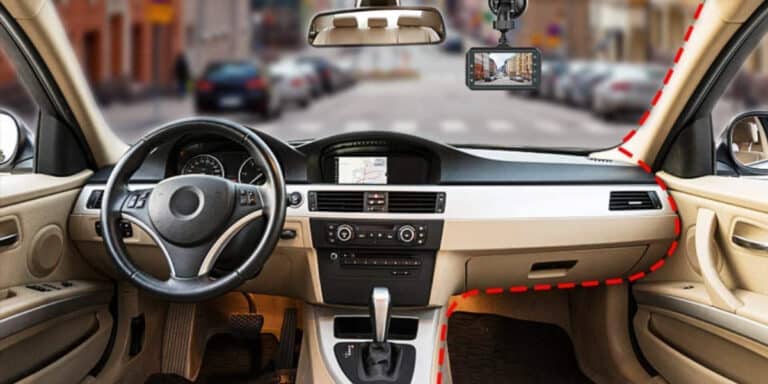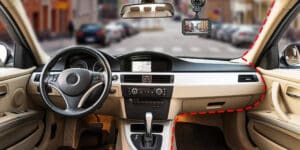Installing a dash cam might be a convenient way to record what occurs while driving. Choosing the most delicate dash cam for you might be challenging because so many different models are available. Easy dash cam installation is made possible by the below instructions. Dash cameras have swiftly become a must-have automotive accessory. They are attached to the windshield and maintain a continual watch on the road ahead, saving footage to a memory card when an incident is suspected.
If you have a dashcam, installing it could seem like a hassle. Even if it occasionally isn’t as straightforward as you’d want, putting a dash cam in your automobile is time well spent.
While you may pay someone to set a dash cam, doing it yourself saves money and provides a greater understanding of the gadget.
There are several reasonably priced dash cam alternatives, and it’s a good idea to pick one with both a back and a front-facing camera to record what happens behind you.
What will you see here?
Install a dashcam using a CLA (cigarette lighter adapter)
Numerous customer stores like this strategy sell businesses & consumer-grade dash cams.
The dashcam’s power line has to be plugged into the cigarette lighter USB port or plug of the car. The camera in this dashcam configuration typically runs only when the engine runs. Depending on your planned dashcam app and car model, this might be a benefit or a disadvantage.
Modern cars frequently include cigarette lighter outlets that shut off while the engine isn’t running. On the other hand, whether the machines are running or not, most older vehicles feature always-on lighter sockets.
CLA-installed dashcams can continue shooting video and use the battery if the lighter sockets are always on. However, parking mode capabilities that permit continued recording even with an off-engine are maximized by always-on sockets. When securing your automobiles overnight, this is helpful.
Quick and easy installation, high mobility, and other advantages come with a CLA.
Modify the settings
If your dashcam has GPS built-in, you don’t need to manually adjust the time or date because it will be done for you. If not, you must change this to ensure that any video footage will display the proper time and date. Additionally, if you reside in a nation that observes daylight saving time, keep in mind that you need to adjust your clock every six months to ensure that it is accurate.
The duration of each video clip should also be checked; a minute is a reasonable length.
Suppose the dash cam supports Wi-Fi or a companion app, as the Viofo A229 Duo does. And it’s easy to modify those settings via the app.
You may also wish to control which information gets stamped onto the video, such as the time, date, automobile registration, speed, and location. The last two options are only accessible if the dashcam has GPS.
Easy way to install a dash cam

A dash cam is essential for drivers who drive fast or take risky maneuvers. Therefore, below are the steps helps you to install a dash cam.
You want to explore several angles for your dashcam while seated in the driver’s seat of your car. It’s a good idea to position the dashcam close to your seat. But you must avoid mounting it where it would obscure your view of the roadway ahead.
- Decide where to place your dashcam.
- Check the fuse box for your car.
- Start the power cable’s routing.
- Look for a “hot in start” fuse.
- Install the add-a-circuit power wire from the installation kit.
- Find the ground point.
- Finish installing the buttons.
- Check out your setup.
Hard-wire a dash cam into the fuse box

Finally, let’s get to the big event: hard-wiring a dash camera so that it is powered straight by the vehicle, has a concealed wire, and starts up as soon as the ignition is turned on.
It would be best to buy a dashcam hard-wire connection kit to use this option. This comprises a cable that forks into two pieces; one end is for attaching to the vehicle’s fuse box, while the other side is a metal ring (also known as a ground lug) that fastens to the vehicle’s metal body to floor the dashcam.
Place the camera in the desired location first. To provide the camera a clear view of the roadway ahead while maintaining it out of your range of vision, this should ideally be placed near the central rearview mirror as practical. Additionally, keep in mind that there are regulations governing equipment placement, like cameras on the windscreen.
The cable should then be tucked under the side of pillar-A and between the roof lining and windscreen. This will vary greatly depending on the make & model of your vehicle, but there is usually just enough room between the A-pillar panel and the dashboard to accommodate the wire.
Organizing and completing checks
Once everything is wired up and switched on, ensure all cords are safe before finishing. Ensure no wires are tangling with any obstacles or pinched by trim elements. Any pressure spots may eventually lead to the cable’s wearing out and malfunctioning, or the dash cam may cease to function altogether.
It’s worth testing this again once the configuration has had time to settle in, particularly if you own an older car prone to a lot of vibration. This is frequently the cause of dash cam malfunctions because shoddy connections can rattle loose, or cables can make even wholly separate.
Most dash cameras come with a companion app, which you’ll typically use to review any video if the need arises. If there isn’t a display screen on the dashcam, this will be the only way to ensure everything functions. Riding around the street is recommended to confirm your device is installed correctly, and gathering footage is recommended.
Is it possible to have a wireless dashcam?
Using a wireless dash cam, you may stream or transmit video to your computer, tablet, or smartphone without a USB cord. These wireless dash cameras are helpful, but they are often rather expensive.
How does a wireless dash cam function?
Dash cams that use local storage need you to personally remove flash drives to view your film, whereas wireless dash cams enable you to access your data within minutes wirelessly. This rapid access is handy in the case of driver exoneration.
What Is the Battery Life of a Dash Cam?
Only three to five minutes are anticipated from the interior dash cam batteries. That should still give you enough time to document the crucial facts in the event of an accident while your car is still parked.
Conclusion
If your dash cam isn’t installed correctly, your insurance provider and the police might reject your film, and you can also breach the law. There are rigorous guidelines on where to place in-car technology.
Dash cameras must be installed without obstructing the driver’s vision to avoid paying a fee. Our knowledgeable guide will ensure that you set up your dash cam correctly the first time.
















